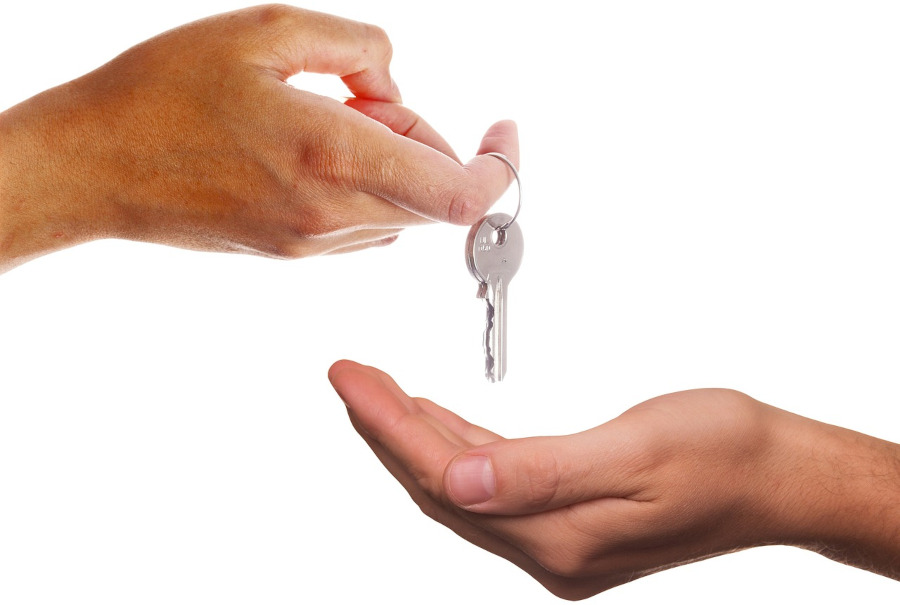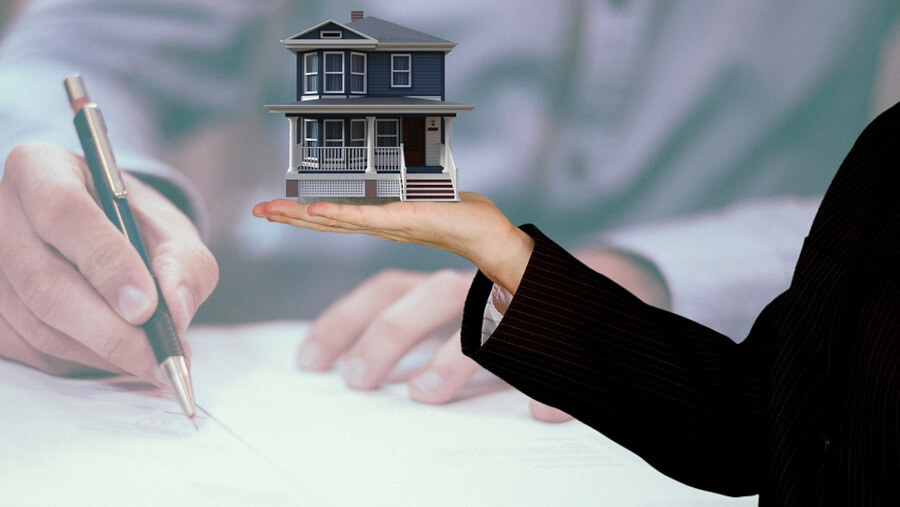Determining Your Affordable Housing Budget: How Much Can You Afford to Pay Per Month?
Housing is a fundamental aspect of our lives, providing shelter, security, and a sense of home. Whether you're renting or buying, determining how much you can afford to pay for housing each month is crucial for maintaining financial stability. Your housing budget should align with your income, expenses, and long-term financial goals. Here's a guide to help you figure out your affordable housing budget:
- Calculate Your Monthly Income: Start by determining your monthly income after taxes. Include all sources of income such as salaries, wages, bonuses, and any additional income streams.
- Assess Your Expense: Next, list all your monthly expenses, including utilities, groceries, transportation, insurance, debts, savings, and discretionary spending. Subtract these expenses from your monthly income to understand how much you have left to allocate towards housing.
- Consider Debt-to-Income Ratio: Lenders often use the debt-to-income ratio to assess your ability to manage housing payments alongside other debts. Your total monthly debt payments, including housing costs, should ideally be less than 36% of your gross monthly income.
- Use the 30% Rule: A commonly recommended guideline is to spend no more than 30% of your gross income on housing costs. This includes rent or mortgage payments, property taxes, homeowners insurance, and any homeowners association fees.
- Factor in Additional Costs: Remember to account for additional housing-related expenses such as maintenance, repairs, utilities, and potential fluctuations in interest rates if you have a mortgage.
- Evaluate Your Lifestyle: Consider your lifestyle and financial priorities. Are you willing to make trade-offs in other areas to afford higher housing costs? Be realistic about what you can comfortably afford without sacrificing other financial goals.
- Location Matters: The cost of housing can vary significantly depending on location. Research the housing market in your desired area to understand the typical rental or mortgage prices. Keep in mind that living in a more expensive area may mean compromising on other expenses or saving for a larger down payment.
- Build an Emergency Fund: It's essential to have an emergency fund to cover unexpected expenses like medical bills or car repairs, especially when you're committing to a monthly housing payment. Aim to have at least three to six months' worth of living expenses saved up.
- Review Your Budget Regularly: Once you've determined your affordable housing budget, periodically review your finances to ensure your housing costs remain manageable. Adjust your budget as needed based on changes in income, expenses, or financial goals.
- Seek Professional Advice: If you're uncertain about how much you can afford to pay for housing or need assistance navigating the homebuying process, consider consulting with a financial advisor or housing counselor for personalized guidance.

Ultimately, the amount you can afford to pay for housing per month depends on your individual financial situation, goals, and priorities. By carefully evaluating your income, expenses, and lifestyle, you can establish a housing budget that allows you to live comfortably while staying financially secure.
